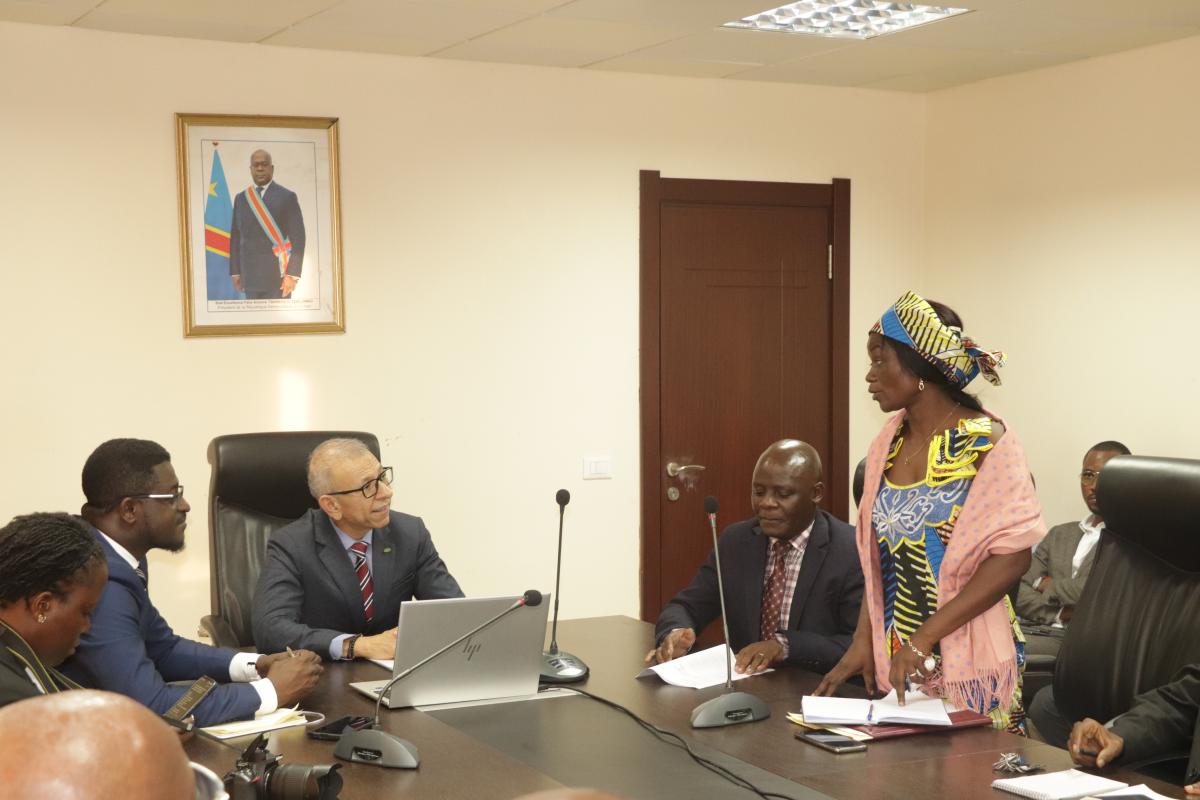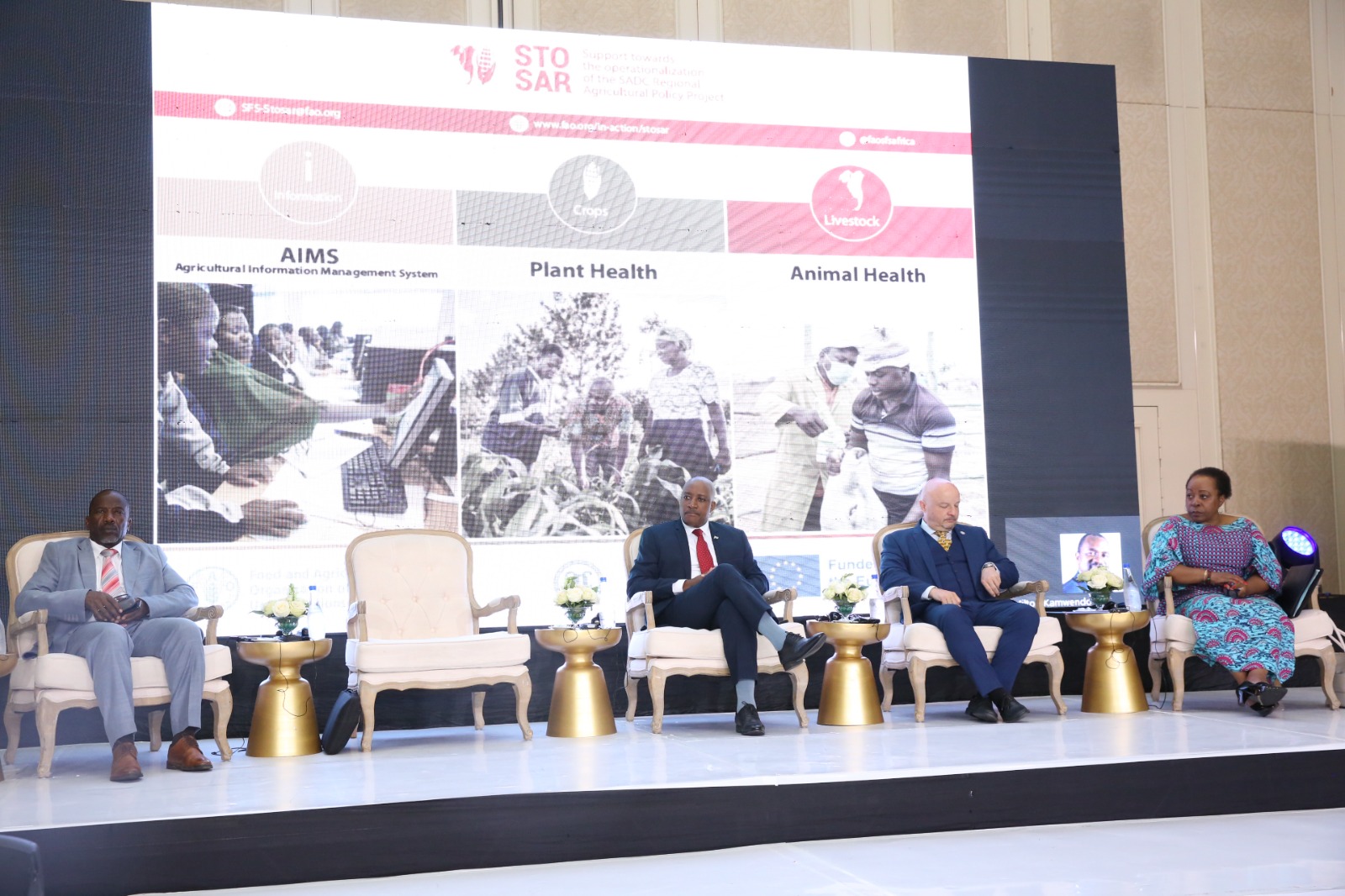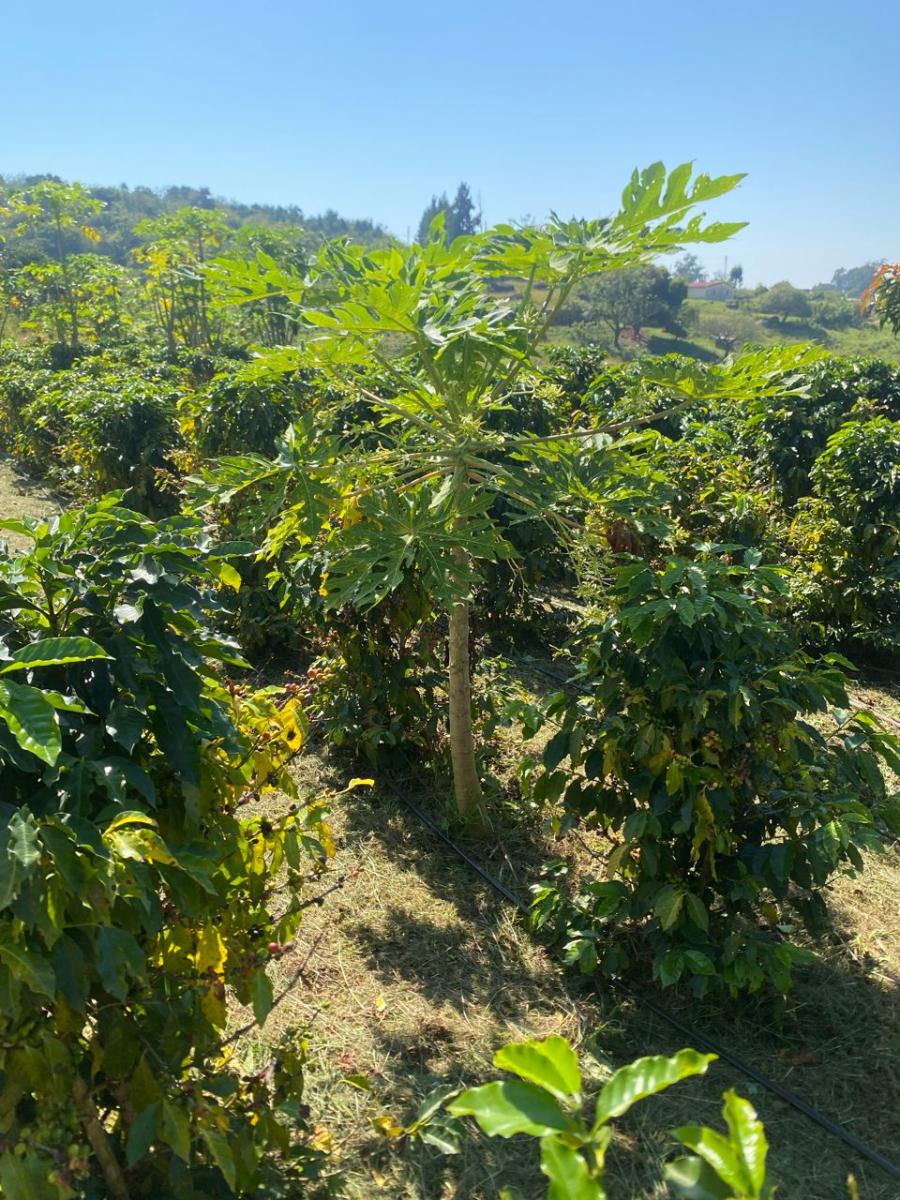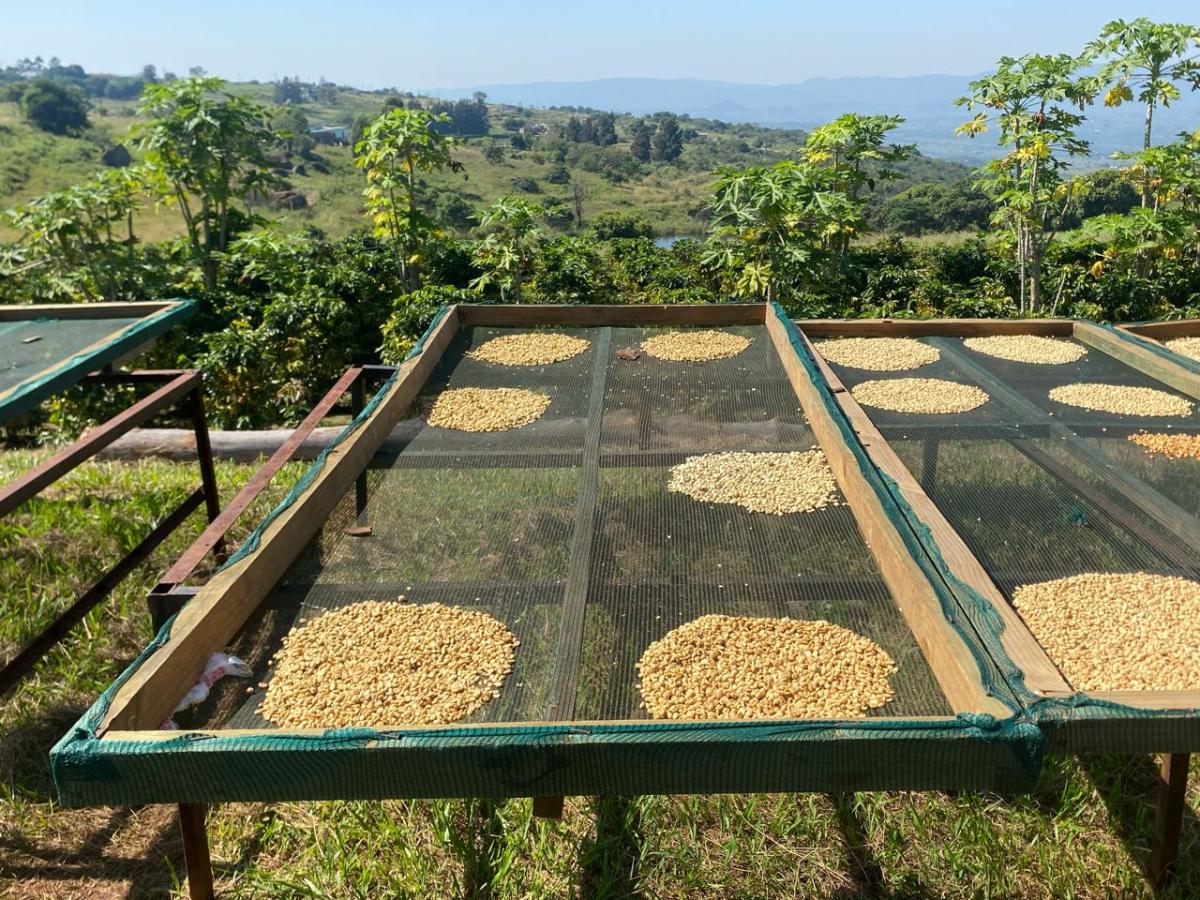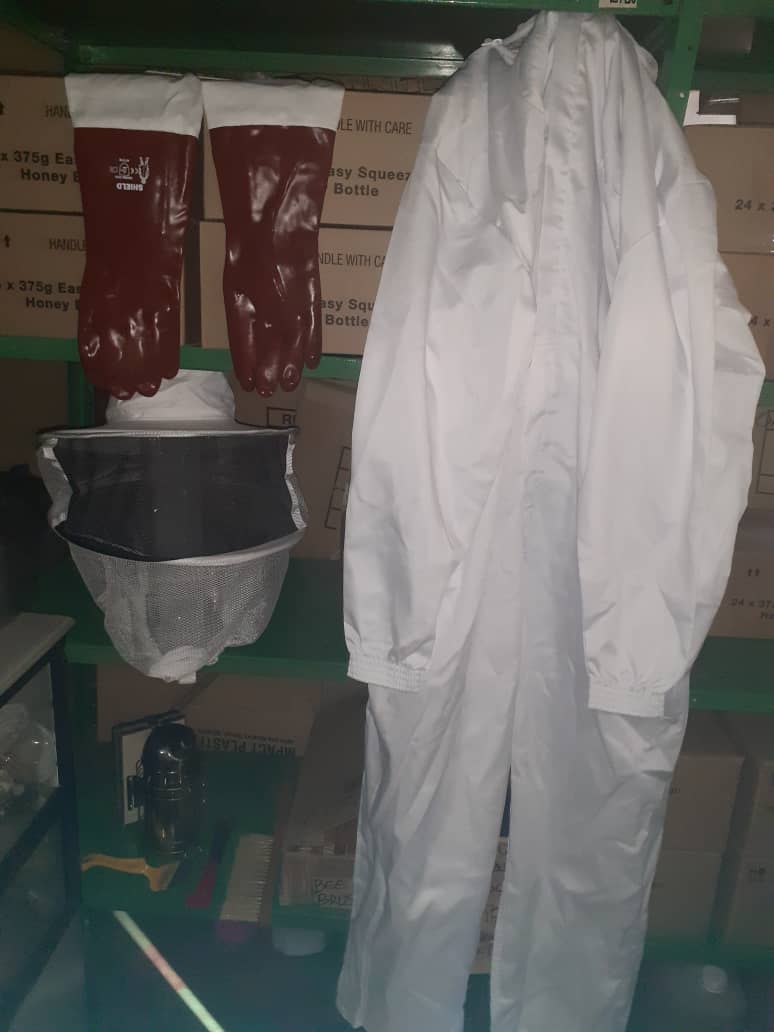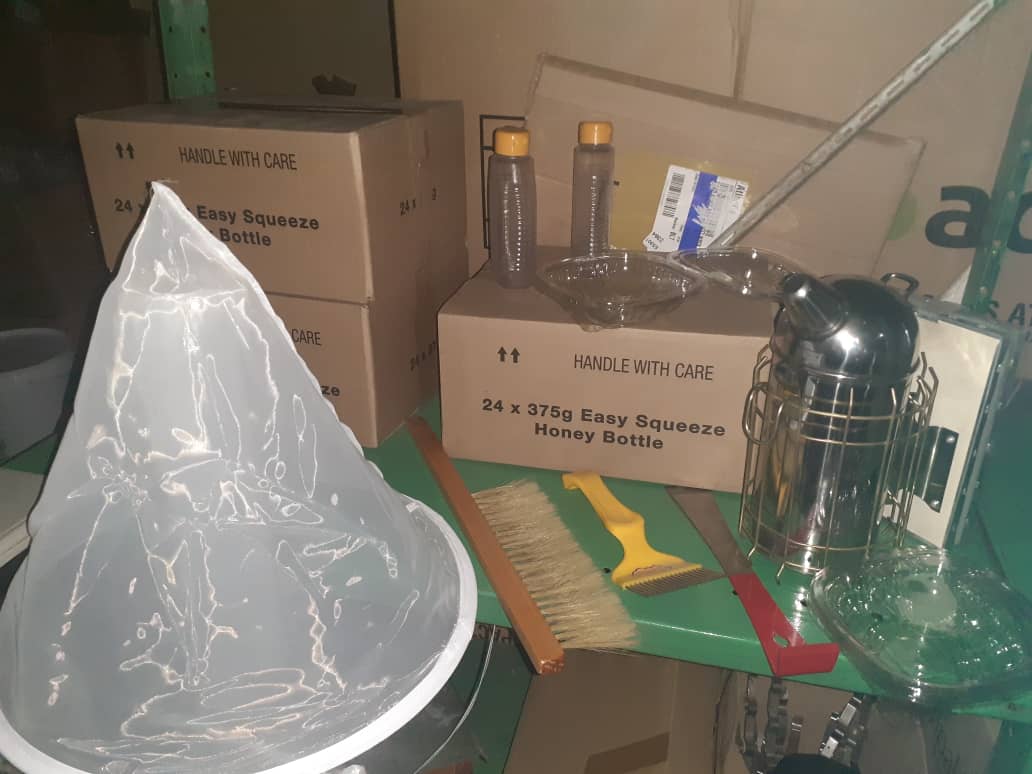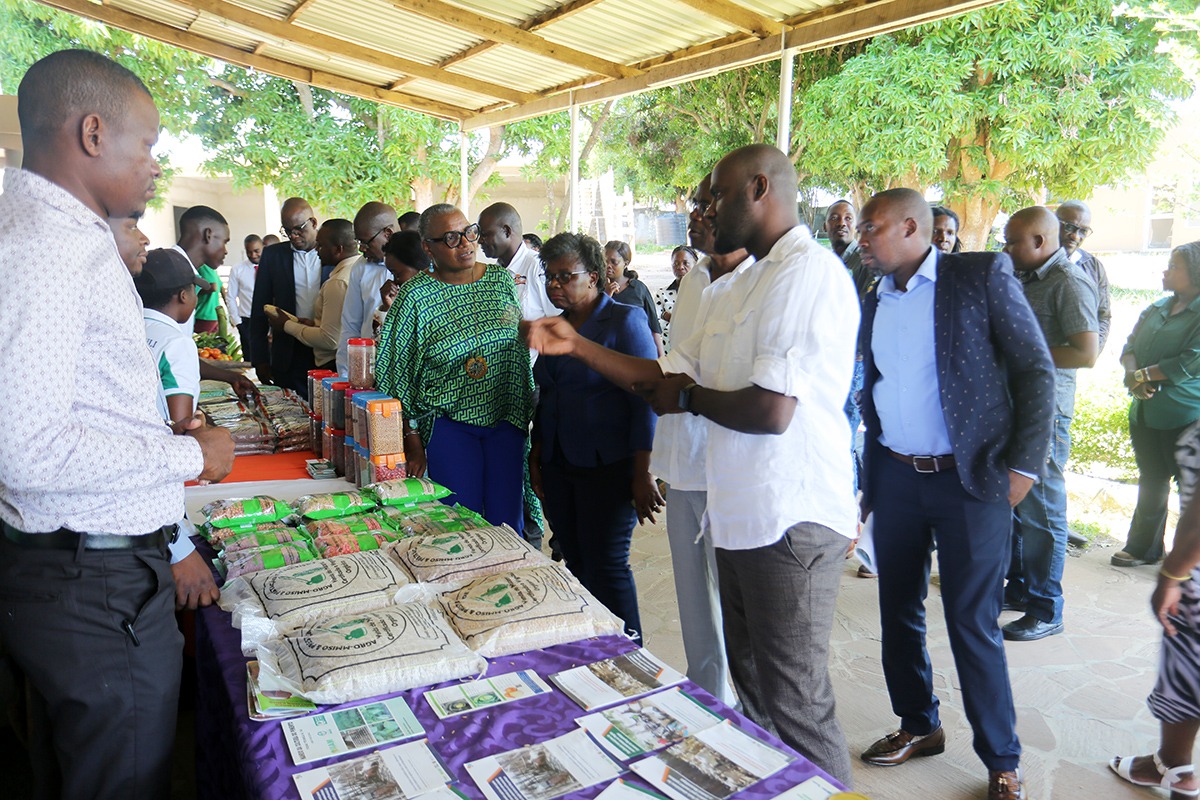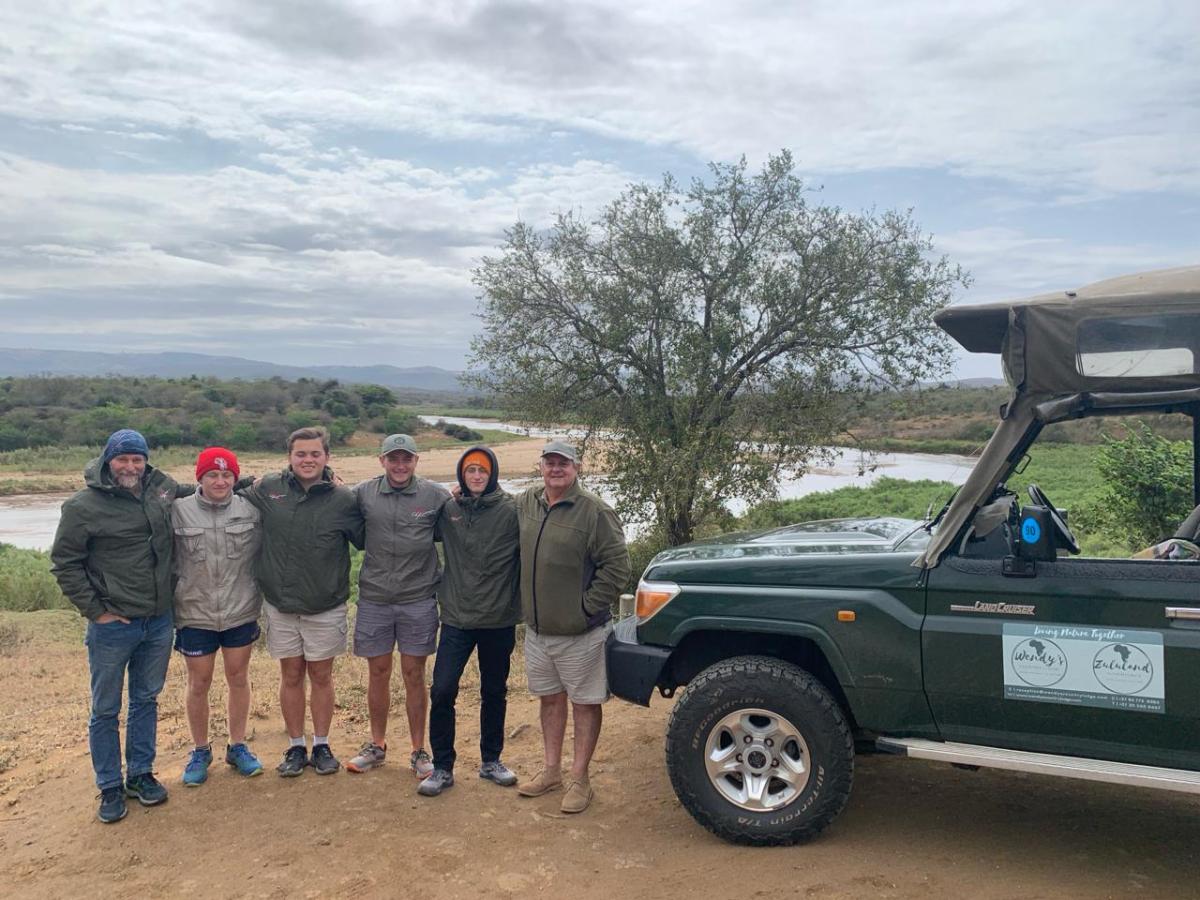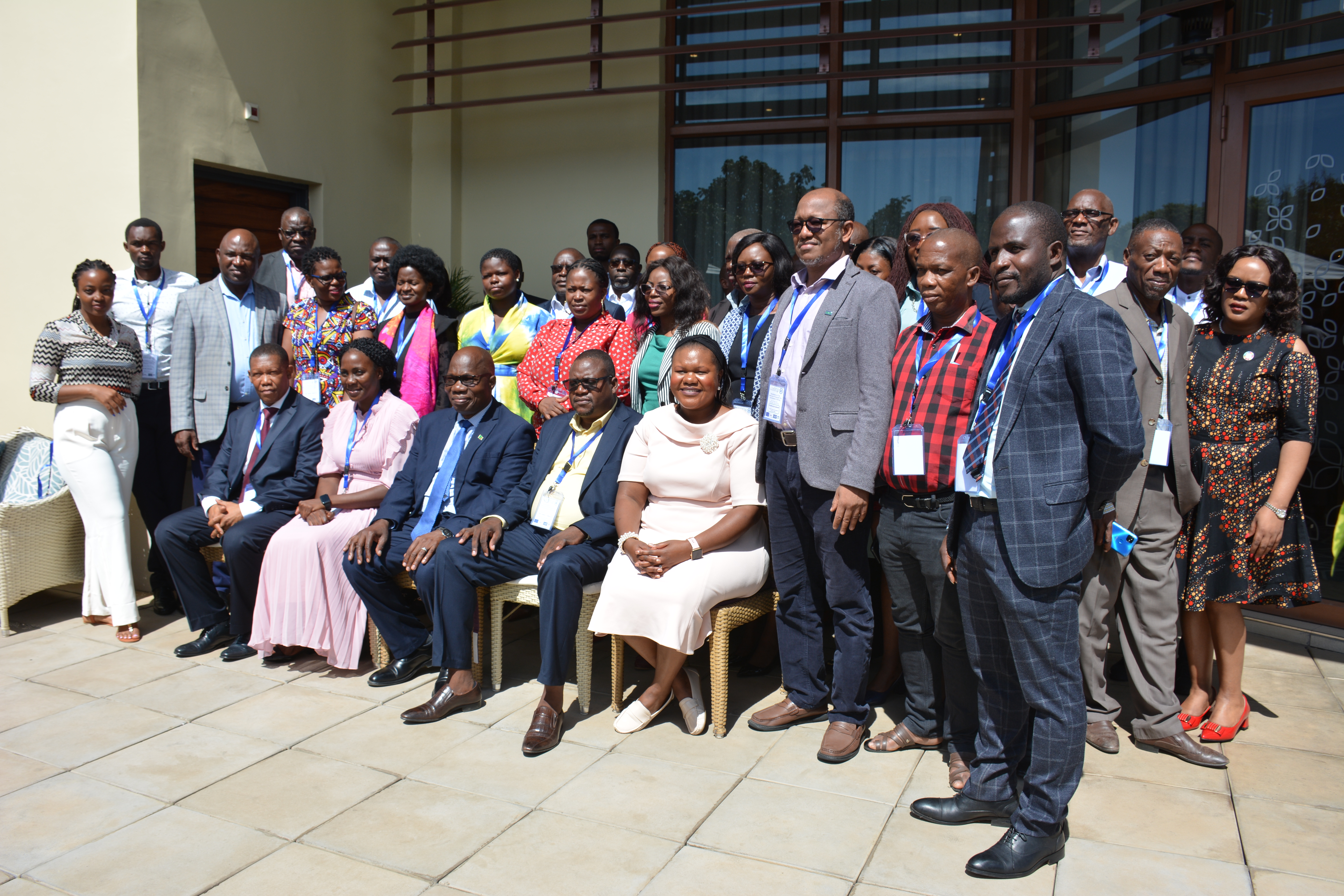Potentials for Greenhouse Gas Mitigation in Agriculture
Review of research findings, options for mitigation and recommendations for development cooperation
Mitigation
Agriculture
Land Use
Land Use Change
Development Cooperation
Kundermann, B. 2014. Potentials for Greenhouse Gas Mitigation in Agriculture, Deutsche Gesellschaft für internationale Zusammenarbeit (GIZ) GmbH, Bonn and Eschborn, Germany


